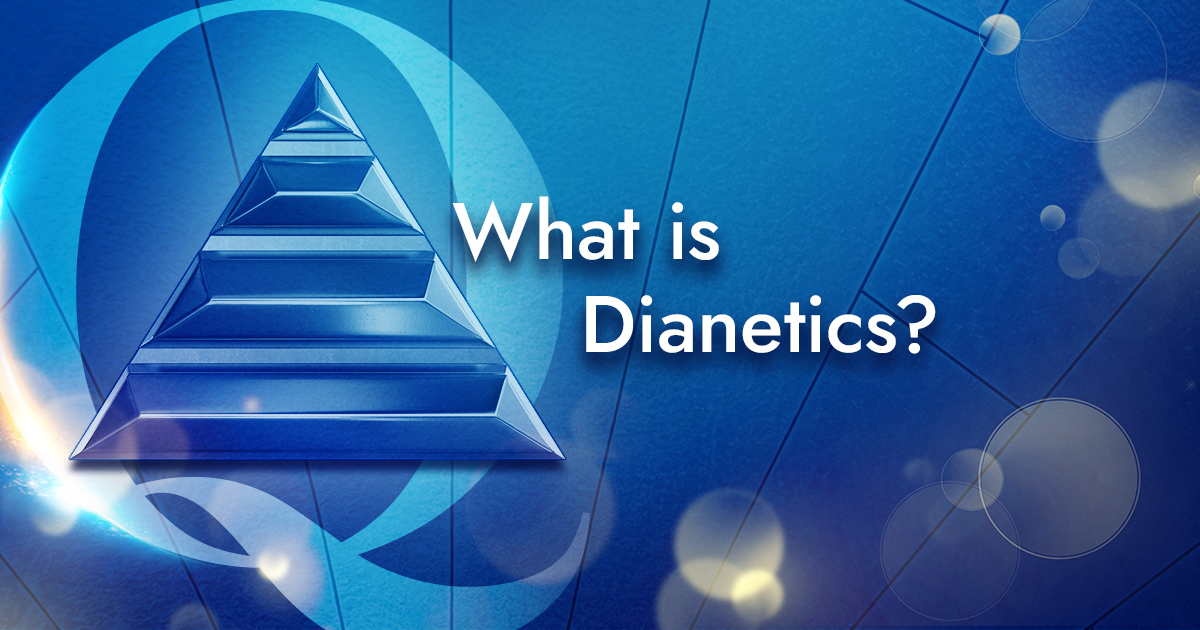You are using an out of date browser. It may not display this or other websites correctly.
You should upgrade or use an alternative browser.
You should upgrade or use an alternative browser.
what does dialectical mean?
- Thread starter luka
- Start date
Clinamenic
Binary & Tweed
That comes with the territory. A conceptual framework is not concrete, and a concrete scenario can only be understood in light of a conceptual framework by abstracting that scenario to some degree.something more convincing. this is all vague wafty stuff
Clinamenic
Binary & Tweed
I find it a very helpful method for reconciling disagreements, provided the parties in disagreement are willing to budge in their non-essential assertions. Of course some disagreements are of staggering complexity, and aren't as flatly bilateral as the dialectical method assumes, so the method is not a simple panacea.
Clinamenic
Binary & Tweed
But then again the word dialectical isn't only used to describe differing agendas that manage to transcend their difference, it is also used to describe differing agendas that are merely influencing each other, a usage which may not be in keeping with the established philosophical sense of the term.
Clinamenic
Binary & Tweed
Like the dialogue between labor power and capitalists, where perhaps the better word is just dialogue. The tactics employed by one side partially shape and are partially shaped by the tactics employed by the other side.
It seems "dialectical" is often used to describe these situations, which don't seem to resemble the dialectical method as such.
It seems "dialectical" is often used to describe these situations, which don't seem to resemble the dialectical method as such.
If only this happened more regularly to online leftists a lot of my political greviances would be out to 🛏️So you might have ideas about workers and what they might do in a situaiton but if you talk to them they might tell you to fuck off.
john eden
male pale and stale
It absolutely should happen more often.If only this happened more regularly to online leftists a lot of my political greviances would be out to 🛏️
version
Well-known member
I saw a couple of jokey tweets about Hegel recently and they had an absurd number of likes and retweets, I'm talking tens of thousands. There's no way that many Twitter users have read Hegel.Unfortunately my new boss has read Hegel, which is not a situation I had anticipated.
woops
is not like other people
hence the appreciation for a 140 character précisThere's no way that many Twitter users have read Hegel.
DLaurent
Well-known member
Problem Reaction Solution is how I simply understand and use the term. Though when I was sectioned, I got chatting to another bloke in there, and he was telling me... convinced... Dialectics is what is going on in the world.
But how about Adorno - Negative Dialectics - where the outcome of the two opposing thesis does not need to be positive. That's what I tried to explain to the chap anyway.

But how about Adorno - Negative Dialectics - where the outcome of the two opposing thesis does not need to be positive. That's what I tried to explain to the chap anyway.

Murphy
cat malogen
Dialectical Behavior Therapy: Current Indications and Unique Elements - PMC
Dialectical behavior therapy (DBT) is a comprehensive, evidence-based treatment for borderline personality disorder (BPD). The patient populations for which DBT has the most empirical support include parasuicidal women with borderline personality ...
Go to:
Abstract
Dialectical behavior therapy (DBT) is a comprehensive, evidence-based treatment for borderline personality disorder (BPD). The patient populations for which DBT has the most empirical support include parasuicidal women with borderline personality disorder (BPD), but there have been promising findings for patients with BPD and substance use disorders (SUDs), persons who meet criteria for binge-eating disorder, and depressed elderly patients. Although DBT has many similarities with other cognitive-behavioral approaches, several critical and unique elements must be in place for the treatment to constitute DBT. Some of these elements include (a) serving the five functions of treatment, (b) the biosocial theory and focusing on emotions in treatment, (c) a consistent dialectical philosophy, and (d) mindfulness and acceptance-oriented interventions.edit from Mind
What is DBT?
Dialectical behaviour therapy (DBT) is a type of talking therapy. It's based on cognitive behavioural therapy (CBT), but it's specially adapted for people who feel emotions very intensely.The aim of DBT is to help you:
- understand and accept your difficult feelings
- learn skills to manage them
- become able to make positive changes in your life.
Murphy
cat malogen
Put another way, it’s why LRH’s term Dianetics was associatively canny


What is Dianetics?
The full body of knowledge that comprises the Scientology religion is contained in more than forty million spoken and written words on the subject—all by L. Ron Hubbard, the source and founder of Scientology.
www.scientology.org.uk
